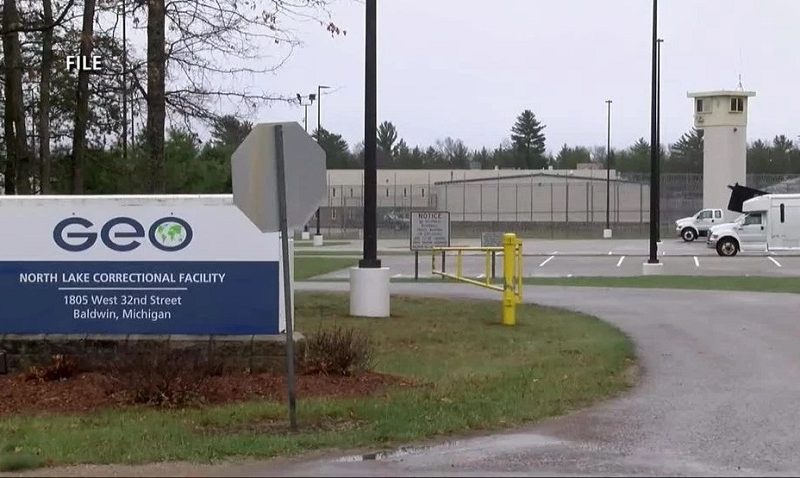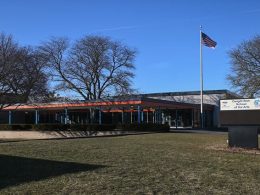WEBBER TOWNSHIP, Mich. — The private prison in Lake County, owned by Florida-based GEO Group, is preparing to reopen its doors amid a renewed federal push to detain increasing numbers of undocumented immigrants. Staff training began in early May, with local officials optimistic about the economic boost the facility will bring to the area, while civil rights advocates express concern over the treatment of detainees.
The prison, which once was Lake County’s largest employer and taxpayer, is set to provide approximately 300 jobs on most days, employing about 500 people overall. This development comes as a welcome relief for a region struggling with high unemployment rates.
Shelly Keene, executive director of the local Michigan Works office, which is actively recruiting guards and medical staff for the facility, said the prison’s reopening will have far-reaching economic effects beyond Lake County’s borders.
“Bringing 300 people into Lake County every day to GEO is going to have a huge impact on those smaller businesses they may stop to, but I think the impact is also greater than Lake County,” Keene said. “We’re going to be pulling talent from neighboring counties, and they’re also going to see an economic impact.”
However, the reopening of the North Lake facility comes amid ongoing scrutiny from organizations like the American Civil Liberties Union (ACLU). The ACLU has vowed to monitor conditions inside the prison closely, citing concerns over detainees’ access to due process and critical services.
“For us, it’s really about understanding what’s happening inside the facility and how that might play into some of the trends we’re seeing in other states where immigrants are being cut off from critical services,” said Jessica Ayoub, an attorney with the ACLU.
The prison’s reopening aligns with ICE’s plan to more than double its immigration detention capacity nationwide to nearly 100,000 beds. Federal documents reveal that this expansion is designed to support the federal government’s goal of removing approximately one million undocumented immigrants annually.
The Baldwin facility will serve ICE’s Chicago enforcement region, which covers the Midwest, according to documents obtained by local news outlet Target 8.
“Reopening this facility actually just aids in Trump’s deportation machine,” Ayoub said. “It is going to embroil so many folks in the immigration system.”
A former employee, who requested anonymity, confirmed that training for guards and medical staff began in early May, with an anticipated reopening sometime this month. The worker expressed optimism about the renewed employment opportunities, especially after a period of unemployment.
“This is a really, really good job for this area, good for the businesses here. It will pick up business everywhere,” the employee said. “People are going to buy houses up here, cottages. It will get busy up here.”
GEO Group declined to comment on the exact reopening date when contacted.
ICE’s push to expand detention capacity stems from executive orders signed by former President Trump, including one declaring a national emergency at the southern border. These orders directed the Department of Homeland Security to detain immigrants apprehended for immigration violations to the fullest extent possible.
In addition, the Laken Riley Act mandates detention of certain immigrants arrested for crimes such as burglary and theft, creating a new category of detainees considered public safety risks.
Meanwhile, Michigan Works continues to recruit staff for the facility, offering starting wages of $29 per hour for detention officers — a significant increase compared to typical local wages.
“So if you’re willing to learn a new career and do a career change and become a detention officer, if you have that within you, then I can understand why people would want to work there,” Keene said. “Twenty-nine dollars an hour, compared to $12 or $15 is really life-changing for families.”
As the facility prepares to reopen, the balance between economic revival and human rights oversight remains at the forefront of public debate in Lake County and beyond.











